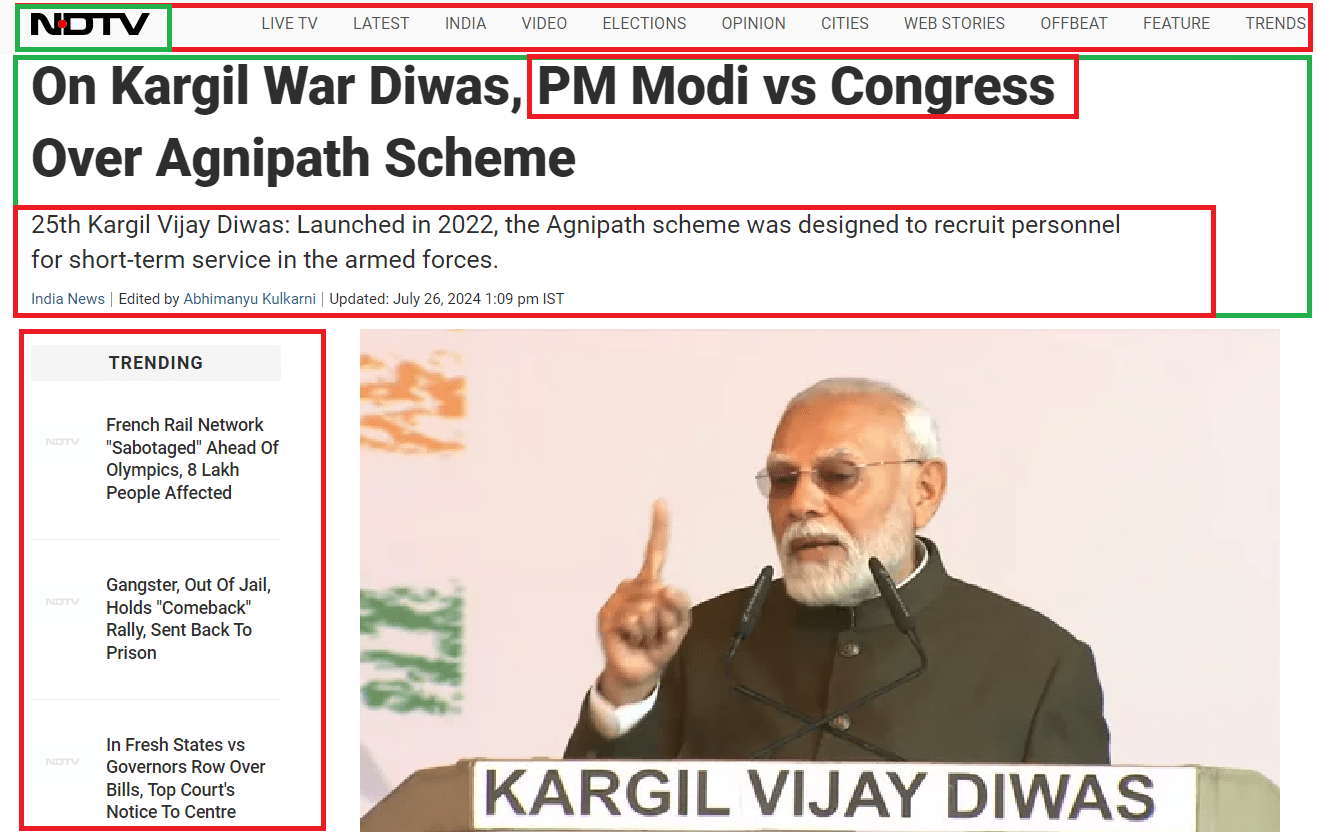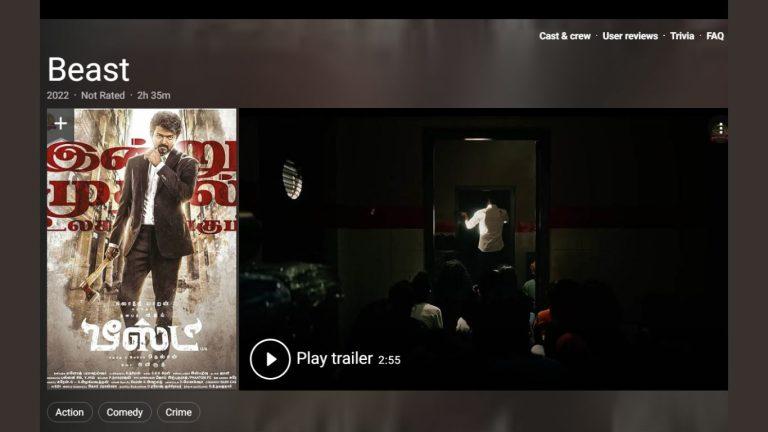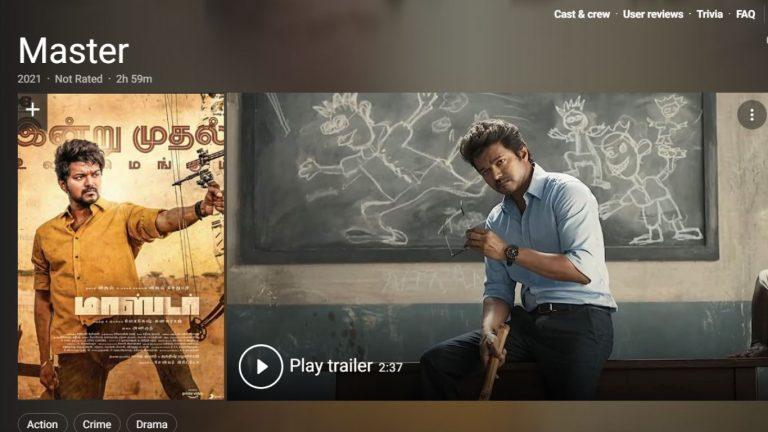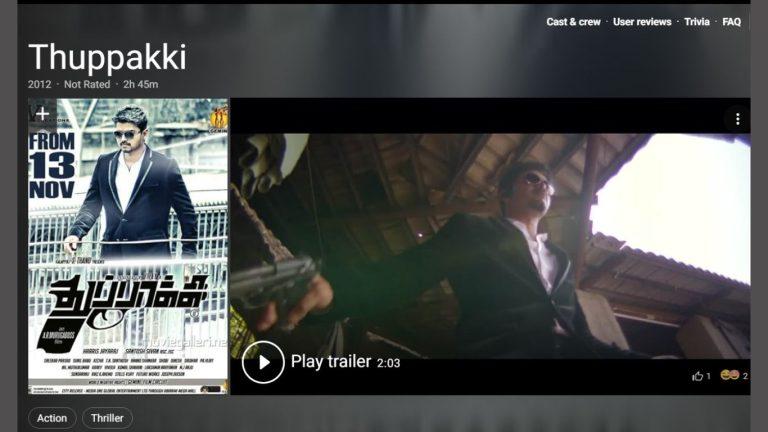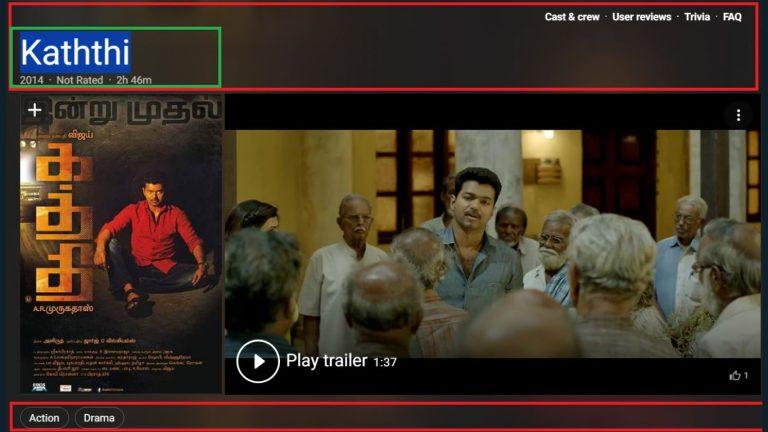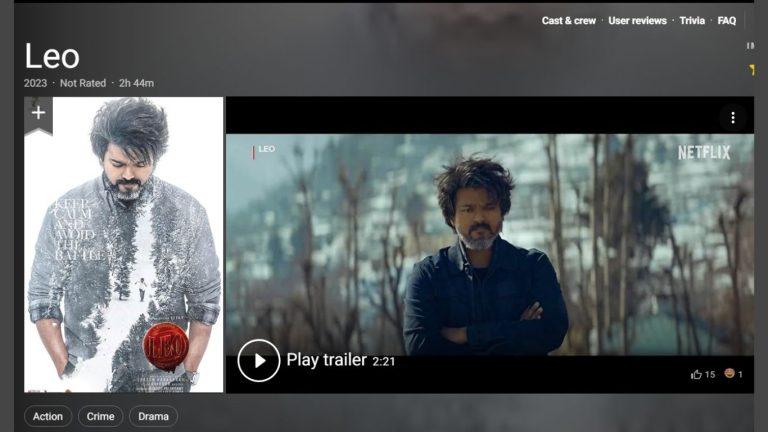The Ongoing Debate on Agnipath Scheme: PM Modi vs. Congress Leader Karti Chidambaram
As India commemorates Kargil War Diwas, honoring the bravery and sacrifices of the soldiers who fought in the Kargil War, a significant political debate has emerged surrounding the Agnipath scheme.
Launched in 2022, the Agnipath scheme is a recruitment initiative designed to induct personnel for short-term service in the Indian armed forces.
This scheme has sparked a heated exchange between Prime Minister Narendra Modi and Congress leader Karti Chidambaram, highlighting contrasting views on its efficacy and implications for the military and the nation.
Understanding the Agnipath Scheme
The Agnipath scheme was introduced with the objective of modernizing the Indian armed forces by recruiting young, agile, and motivated personnel, known as Agniveers.
These recruits are enlisted for a fixed duration of four years, after which they may either continue in the armed forces based on merit and organizational requirements or exit to pursue other career opportunities.
Key Features of the Agnipath Scheme
- Short-Term Service: Agniveers serve a tenure of four years, which aims to maintain a young age profile across the services and ensure a dynamic and responsive military force.
- Training and Skill Development: During their service, Agniveers undergo rigorous training and skill development, equipping them with military and technical skills that can be beneficial for their post-service careers.
- Financial Package: Agniveers receive a competitive salary package, including risk and hardship allowances, and a one-time Seva Nidhi package upon completion of their tenure.
- Career Opportunities: After their service, Agniveers have the option to transition to civilian life with skills that enhance their employability in various sectors, or they may continue in the armed forces if selected based on merit.
However, one of the contentious aspects of the Agnipath scheme is that Agniveers do not currently qualify for regular benefits like pensions for their families in case of death in service. This has been a focal point of criticism from various quarters, including Congress leader Karti Chidambaram.
Congress’s Critique of the Agnipath Scheme
Karti Chidambaram has been vocal in his criticism of the Agnipath scheme, particularly in the context of modern warfare and the professional demands of the armed forces.
During an event honoring Kargil War soldiers, Chidambaram lambasted PM Modi for defending the scheme, arguing that it falls short in preparing soldiers for the complexities of contemporary military engagements.
Key Points of Karti Chidambaram’s Criticism
- Need for Fully-Trained Soldiers: Chidambaram contends that modern warfare requires highly-trained and experienced soldiers, and the short-term nature of the Agnipath scheme does not adequately address this need.
- Politicization of the Army: He emphasized that the army should remain apolitical and focused on national defense, rather than being subject to policy experiments that may undermine its effectiveness.
- Scrapping the Scheme: Chidambaram suggests that the Agnipath scheme should be scrapped in favor of more traditional recruitment methods that ensure long-term commitment and benefits for soldiers and their families.
Chidambaram’s stance reflects a broader concern within the Congress party and among some defense experts who believe that the scheme might compromise the quality and readiness of the armed forces.
PM Modi’s Defense of the Agnipath Scheme
In response to the criticism, Prime Minister Narendra Modi has robustly defended the Agnipath scheme, accusing Congress of spreading misinformation to discourage young Indians from joining the armed forces under this new recruitment initiative. PM Modi’s defense of the scheme is rooted in several key arguments:
Key Points of PM Modi’s Defense
- Youth and Fitness: PM Modi argues that the scheme is designed to maintain a young and fit military force, capable of responding swiftly and effectively to emerging threats. The infusion of young blood is seen as a strategic move to enhance the dynamism and adaptability of the armed forces.
- Long-Term Benefits: While addressing concerns about pensions, PM Modi highlighted that the Agnipath scheme does not compromise the long-term benefits for soldiers. He clarified that Agniveers will be eligible for pensions and other benefits after completing their service, aligning with the broader objective of ensuring financial security for veterans.
- Addressing Misinformation: PM Modi accused the opposition of spreading lies and creating unnecessary panic about the scheme. He emphasized that the Agnipath scheme offers a viable career path for youth, combining national service with opportunities for skill development and future employment.
PM Modi’s defense underscores the government’s commitment to modernizing the armed forces and providing opportunities for the youth, while also addressing the evolving nature of warfare and security challenges.
The Broader Debate: Balancing Short-Term Needs with Long-Term Benefits
The debate over the Agnipath scheme encapsulates a broader conversation about balancing short-term recruitment needs with long-term benefits for soldiers and their families. This involves examining the trade-offs between maintaining a young and dynamic military force and ensuring the welfare and career stability of military personnel.
Arguments in Favor of the Agnipath Scheme
- Modernizing the Armed Forces: Proponents argue that the scheme is a necessary step towards modernizing the armed forces, making them more responsive and adaptable to contemporary security threats.
- Skill Development: The scheme offers extensive training and skill development opportunities, which can enhance the employability of Agniveers in civilian sectors after their service.
- Youth Engagement: By targeting the youth, the scheme aims to instill a sense of patriotism and national service, while also addressing the issue of unemployment among young Indians.
Arguments Against the Agnipath Scheme
- Lack of Experience: Critics argue that the short-term nature of the scheme may result in a lack of experienced soldiers, which could impact the operational readiness and effectiveness of the armed forces.
- Welfare Concerns: The absence of long-term benefits like pensions for families of Agniveers in case of death in service is seen as a major drawback, raising concerns about the welfare of soldiers and their dependents.
- Policy Experimentation: There are concerns that the scheme represents a policy experiment that could politicize the army and undermine its traditional recruitment and training mechanisms.
Conclusion
As India celebrates Kargil War Diwas, the debate over the Agnipath scheme highlights the complexities and challenges involved in military recruitment and modernization. The contrasting views of PM Modi and Karti Chidambaram reflect broader questions about the future of the Indian armed forces and the balance between short-term needs and long-term commitments.
While the Agnipath scheme aims to create a young, agile, and fit military force, it also raises important questions about the welfare and career stability of soldiers. As the debate continues, it is crucial to consider the perspectives of all stakeholders, including military experts, veterans, and policymakers, to ensure that any recruitment initiative serves the best interests of the nation and its defenders.
In summary, the ongoing debate about the Agnipath scheme underscores the need for a comprehensive and balanced approach to military recruitment, one that addresses both the immediate needs of national security and the long-term welfare of those who serve. As India looks to the future, finding this balance will be key to maintaining a strong, capable, and motivated armed force.

